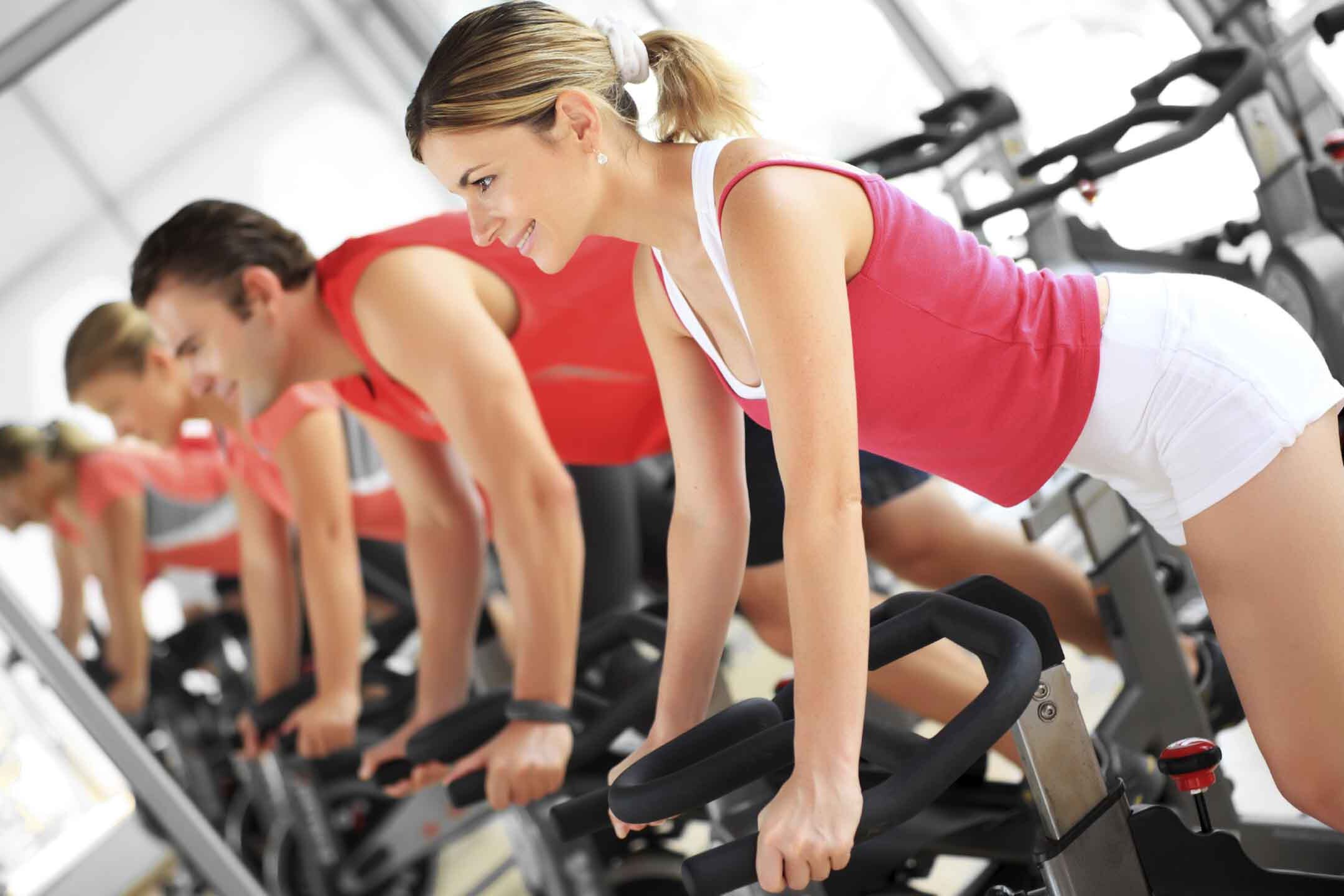Tai Chi: The Perfect Exercise For The Elderly To Improve Physical Health
Tai chi is an excellent form of exercise especially suitable for the elderly. It combines gentle movements with deep breathing and mental focus.
Tai Chi and Physical Health
Tai chi movements are slow and smooth. This low – impact exercise can improve flexibility in the joints. For example, as the elderly gently shift their weight and move their limbs in tai chi, it helps lubricate the joints. It also enhances balance. With With regular practice, the risk of falls can be significantly reduced. Falls are a major concern for the elderly Parkinson Tai Chi ,and tai chi provides a way to counter that.
Another aspect is that it helps with muscle strength. As they perform the various postures Tai Chi For Health , the muscles are engaged in a controlled but beneficial way. It is not as strenuous as some high – intensity workouts but still provides good stimulation for the muscles.
Tai Chi and Mental Well-being
Mentally, tai chi is very relaxing. The slow, rhythmic movements along with the focused breathing can calm the mind. For the elderly, who may face various stresses in life, it offers a peaceful escape. It is like a moving meditation.

Tai chi also helps improve concentration. As they need to remember the different postures and movements, it gives the brain a good workout. For the elderly, maintaining mental sharpness is important, and tai chi can contribute to that.
Tai Chi and Social Interaction
Often, tai chi is practiced in groups. This gives the elderly a chance to socialize. They can meet and interact with their peers while enjoying the exercise. They can share experiences and build friendships.
In addition, they can support each other in their tai chi journey. If someone is having trouble with a particular movement tai chi for the elderly , others can offer advice. This sense of community can have a positive impact on their overall well-being.
Tai Chi and Adaptability
Tai chi can be adjusted according to one's physical condition. If an elderly person has certain limitations, the movements can be modified. It is very inclusive in that sense.
It can also be practiced indoors or outdoors. This flexibility makes it accessible for the elderly in different situations. For instance, on a sunny day, they can do it in the park; if the weather is bad, they can move to a hall.
So, have you considered trying tai chi or encouraging an elderly loved one to do so?


